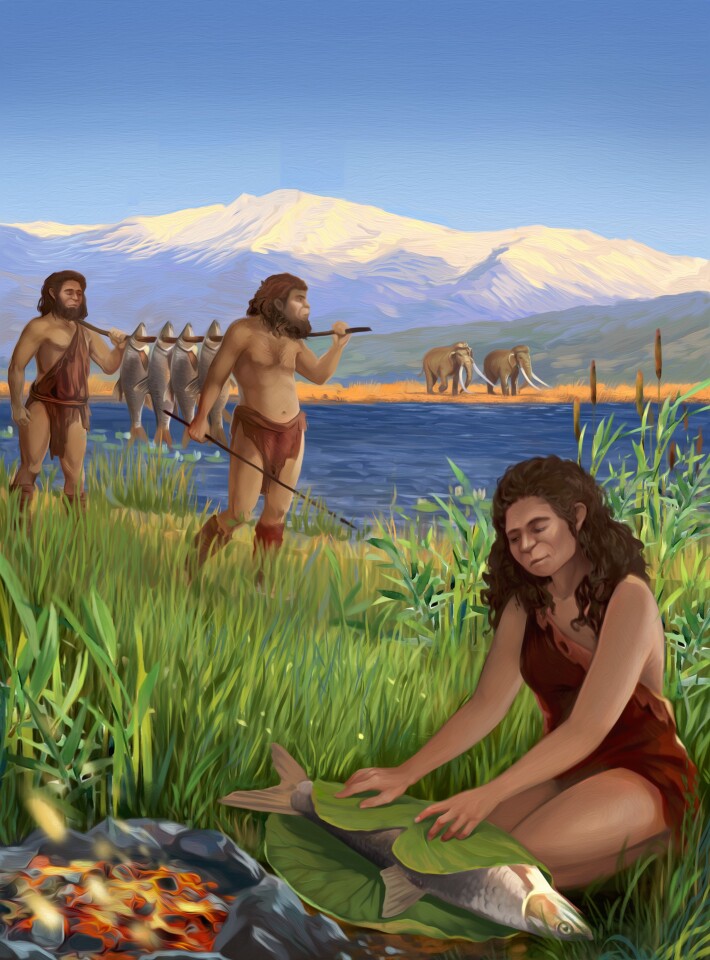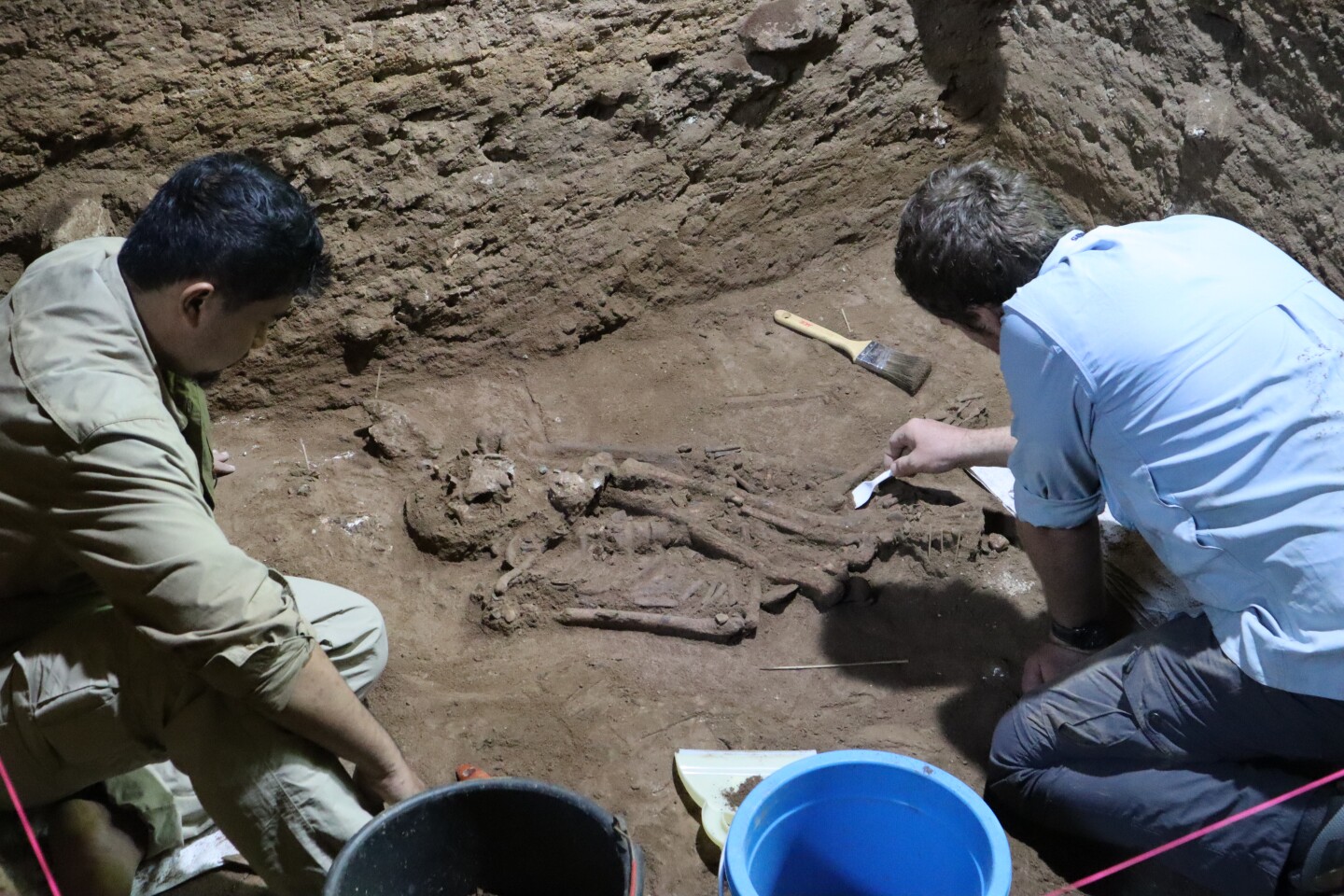Ancient skeletons suggest humans were riding horses 5,000 years ago

Horses were likely the first “vehicle” humans used to travel faster and farther, but when exactly did we start riding them? Scientists at the University of Helsinki have now found archeological evidence that suggests horseback riding started some 5,000 years ago.
Category: Science
Tags: Horse-riding, World’s Oldest, Archeology, Human, History, University of Helsinki
Continue reading Ancient skeletons suggest humans were riding horses 5,000 years ago

